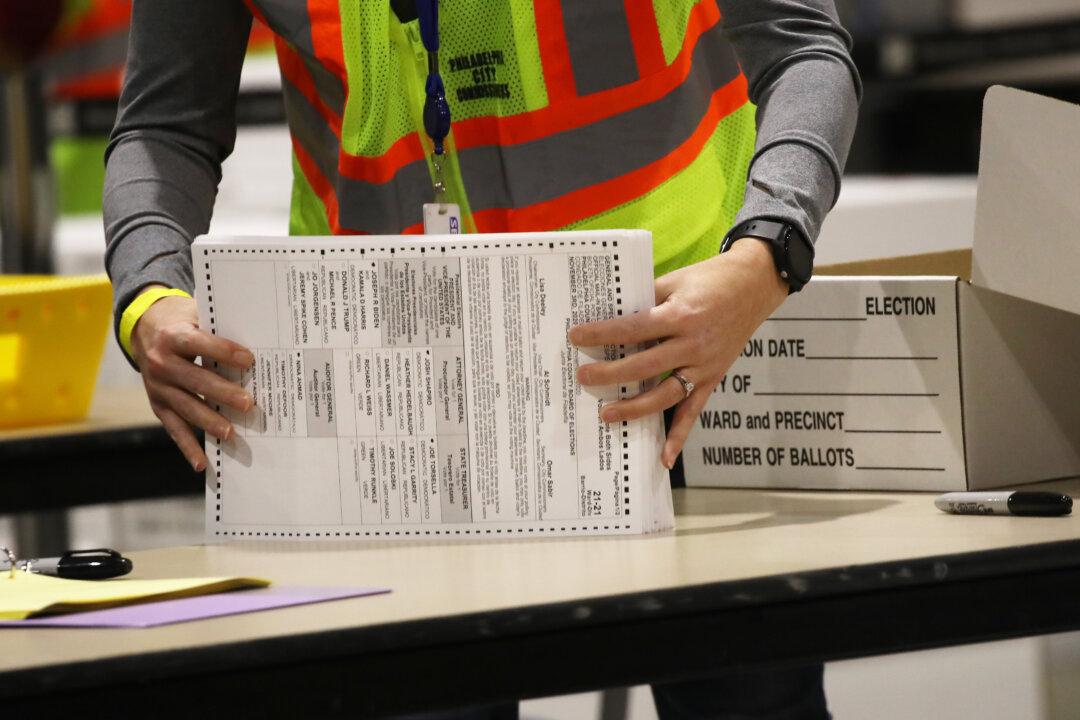While support for issues like voter ID is split along party lines in the Pennsylvania State House, there is bipartisan support for some election reform.
When the General Assembly returns to Harrisburg in September, the Senate State Government Committee will consider eight election reform measures through a bill supported by Republican state Sen. David Argall, committee chair, and Democratic state Sen. Sharif Street, minority committee chair.





